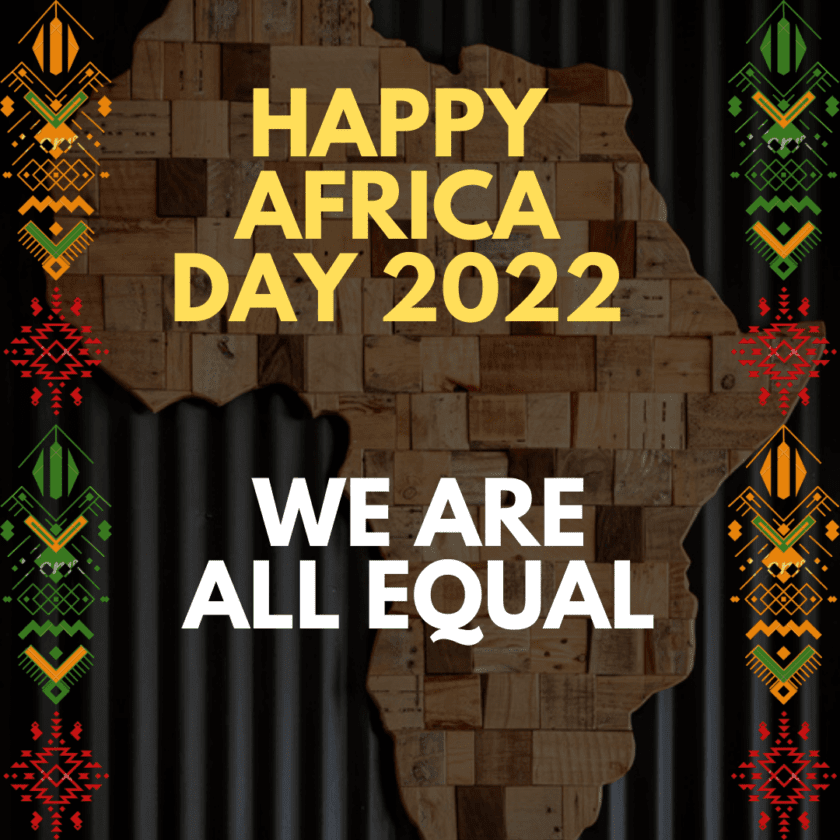Africa’s future is bright, but realizing its potential will require the development of a new generation of African leaders ready to compete in a global economy.
African economies are among the fastest-growing in the world, and the continent’s potential is widely recognized. Achieving this bright future will require a new generation of African leaders that are equipped with the skills and knowledge to compete in an increasingly global economy.
That’s where organizations like the African Leadership Academy (ALA) comes in, identifying some of the most promising youth from around the continent — and the world — and helping to empower them and realize their potential.
“The key to nurturing leadership is to identify potential early, so this is why we select and recruit the leading teenagers from across Africa and the world each year to join our programs,” says Wadzi Katsidzira, director of marketing and communications at the ALA.
Katsidzira, a dual Zimbabwean and Australian national who has lived on four continents, is a strong believer in the potential of Africa’s youth — and the continent itself. It pays for foreign companies to be part of this future, she says.
“Africa pulsates with life, radiates ambition and is ripe with opportunities that you can only gain from. I’d invite foreign companies to come and grow with Africa, or risk getting left behind at their own peril,” Katsidzira says in an interview:
There’s been a lot of talk globally of “Africa ascending” — a continent that has emerged more prosperous economically, socially and politically. Do you share this optimism, and how important is it for young African leaders to help ensure a strong future?
Absolutely. In my view, this is Africa’s time, and the prospects have never been brighter for our continent. This “Afro optimism” is founded in strong fundamentals. The continent has always had a strong natural resource base, but investments in infrastructure and technological advances are key African markets to evolve to better use these natural resources and drive meaningful growth. We are seeing this filter through and impact our families and societies.
It is critical that young African leaders play a role in building this future, because they are shaping their own inheritance. They must equip themselves to contribute to this growth, and they must learn from political failings of past leaders so that this growth is sustained.
In many ways, this is why ALA exists, to give young African leaders the grounding and skills to help ensure sustained growth and a strong future for our continent.
What do you see as the key challenges facing Africa’s growth story, and how can the continent’s youth help to address them?
The African growth story is people-centred. Both the opportunities for growth and challenges we face are linked to the youth of our people. The continent has the youngest population on earth, and that translates to expanding markets, strong prospects for future business growth and a large workforce of tomorrow. However, it also means a huge pressure on infrastructure, a growing thirst for quality education, and the prospect for unrest if this youthful energy is not effectively harnessed.
The continent’s youth have a responsibility to address these challenges by acting on the chances that economic growth is presenting them in their lifetime — be they through accessing free primary education in Kenya, capitalising on highly favourable operating environments in Rwanda, or recognising the market potential in Nigeria. This positive response is in stark contrast to a response that laments the woes that do unfortunately still exist in many places, but rather is a choice to effectively harness the promise of youth.
With technological advances and the interconnectedness of the global economy, African entrepreneurs have an opportunity to leapfrog the competition. How is the ALA helping to equip future innovators with the skills they need?
The ALA philosophy is that we are developing young leaders who are equipped to take their place in an unfolding future, who are prepared to fill jobs that do not yet exist.
Technology plays a part in this, and we have effectively incorporated technology in our curriculum and in our classrooms. For example, we are the only African member of the Global Online Academy — a collaboration of leading independent schools from around the world that allows students from across member schools to cross enrol online in courses at each other’s schools.
Through the Global Online Academy, ALA students are able to enrol in a broad range of advanced courses with students from around the world right from the comfort of our campus in Johannesburg. This allows them to develop and test their ideas in a global market place, which can only position them to advance their ideas quickly and overtake the competition.
Having been born in Zimbabwe and raised in Australia, what message would you give to foreign companies and organizations about the potential opportunities that Africa has to offer?
From Harare, the city of my birth, to Lagos, Nairobi, Cairo, Luanda, Johannesburg and many other cities, Africa pulsates. I am always awestruck by the strong energy of progress that exists on the continent, that it is possible for individuals to take giant socioeconomic strides forward within their live times.
My message to foreign companies is this: Come and see for yourselves. Allow yourselves to be part of these great strides forward. Africa pulsates with life, radiates ambition and is ripe with opportunities that you can only gain from. I’d invite foreign companies to come and grow with Africa, or risk getting left behind at their own peril.
(Top image: Courtesy of Arne)
QnA Adapted from the GEReports




